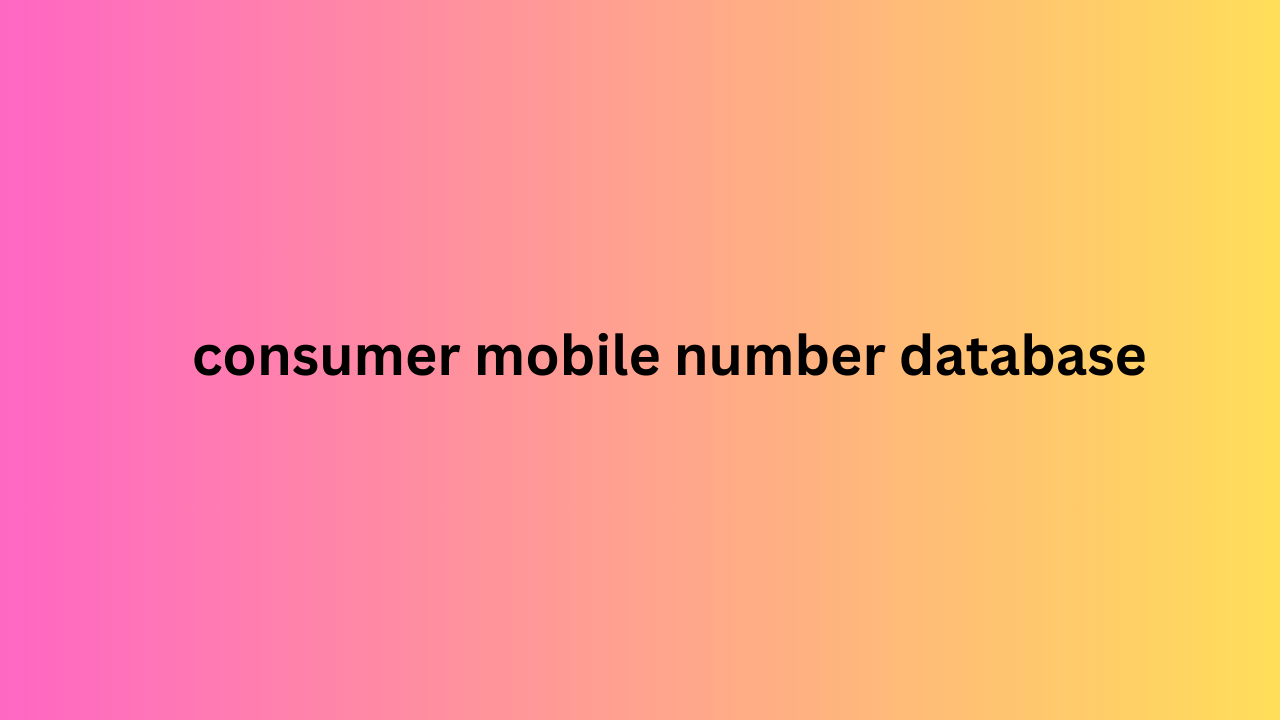The 7 tools that every website should have
Posted: Tue Dec 17, 2024 5:26 am
As marketing directors, we agree that a company's website is the source of the first impression that the target audience, competitors, stakeholders and, in general, everyone has of our brand. However, inbound marketing allows us to go much further than that. The goal is for a company's website to be the main means of generating leads and sales on the Internet, without the need to be an e-commerce website, since this model is only suitable for certain specific types of business.
The current reality is that almost all companies can and should sell online, regardless of their business model. That is why in this article we will present 7 essential tools that every corporate website must have to achieve this goal.
1. Blog
Did you know that companies that regularly publish content on their corporate blog have 55% more traffic and 70% more leads than those that don’t? Maintaining an active corporate blog is the best way to reach your potential consumers with the educational, useful, and quality content they are looking for to make their purchasing decisions. And that’s not even mentioning how useful blogging is for positioning your website in search engines. It is worth noting that when we say “blogging” we mean periodically publishing content that really fits the needs and challenges of your target audience. If you are going to take articles from online magazines and paste them into your blog, you can discount the increase in your leads from your results. The idea is that your content is oriented and created for your audience, not to fill empty spaces on your website. If you still don’t know the benefits of blogging to increase leads and sales through your website, we recommend you check out this and this article.
2. Social buttons
Social buttons are not only an important aesthetic element for your blog, they consumer mobile number database are also the key tool to facilitate sharing of your content by your readers through social networks. Blog posts that are shared on Twitter or Facebook get 149% more external links than those that are not shared on social networks. The fact that your articles are shared by your readers shows both their usefulness and their quality and therefore, improves not only your SEO positioning but also your level of authority in your industry.

3. Social subscription and RSS
Social subscribe buttons, i.e. buttons that allow users to “like” your Facebook page or follow your brand on Twitter or Google+, are essential for staying in touch with your readers in the way that is most convenient for them. On the other hand, having an RSS feed on your page makes your content accessible to more experienced users who are among the 46% of readers who regularly read more than one blog.
The current reality is that almost all companies can and should sell online, regardless of their business model. That is why in this article we will present 7 essential tools that every corporate website must have to achieve this goal.
1. Blog
Did you know that companies that regularly publish content on their corporate blog have 55% more traffic and 70% more leads than those that don’t? Maintaining an active corporate blog is the best way to reach your potential consumers with the educational, useful, and quality content they are looking for to make their purchasing decisions. And that’s not even mentioning how useful blogging is for positioning your website in search engines. It is worth noting that when we say “blogging” we mean periodically publishing content that really fits the needs and challenges of your target audience. If you are going to take articles from online magazines and paste them into your blog, you can discount the increase in your leads from your results. The idea is that your content is oriented and created for your audience, not to fill empty spaces on your website. If you still don’t know the benefits of blogging to increase leads and sales through your website, we recommend you check out this and this article.
2. Social buttons
Social buttons are not only an important aesthetic element for your blog, they consumer mobile number database are also the key tool to facilitate sharing of your content by your readers through social networks. Blog posts that are shared on Twitter or Facebook get 149% more external links than those that are not shared on social networks. The fact that your articles are shared by your readers shows both their usefulness and their quality and therefore, improves not only your SEO positioning but also your level of authority in your industry.

3. Social subscription and RSS
Social subscribe buttons, i.e. buttons that allow users to “like” your Facebook page or follow your brand on Twitter or Google+, are essential for staying in touch with your readers in the way that is most convenient for them. On the other hand, having an RSS feed on your page makes your content accessible to more experienced users who are among the 46% of readers who regularly read more than one blog.